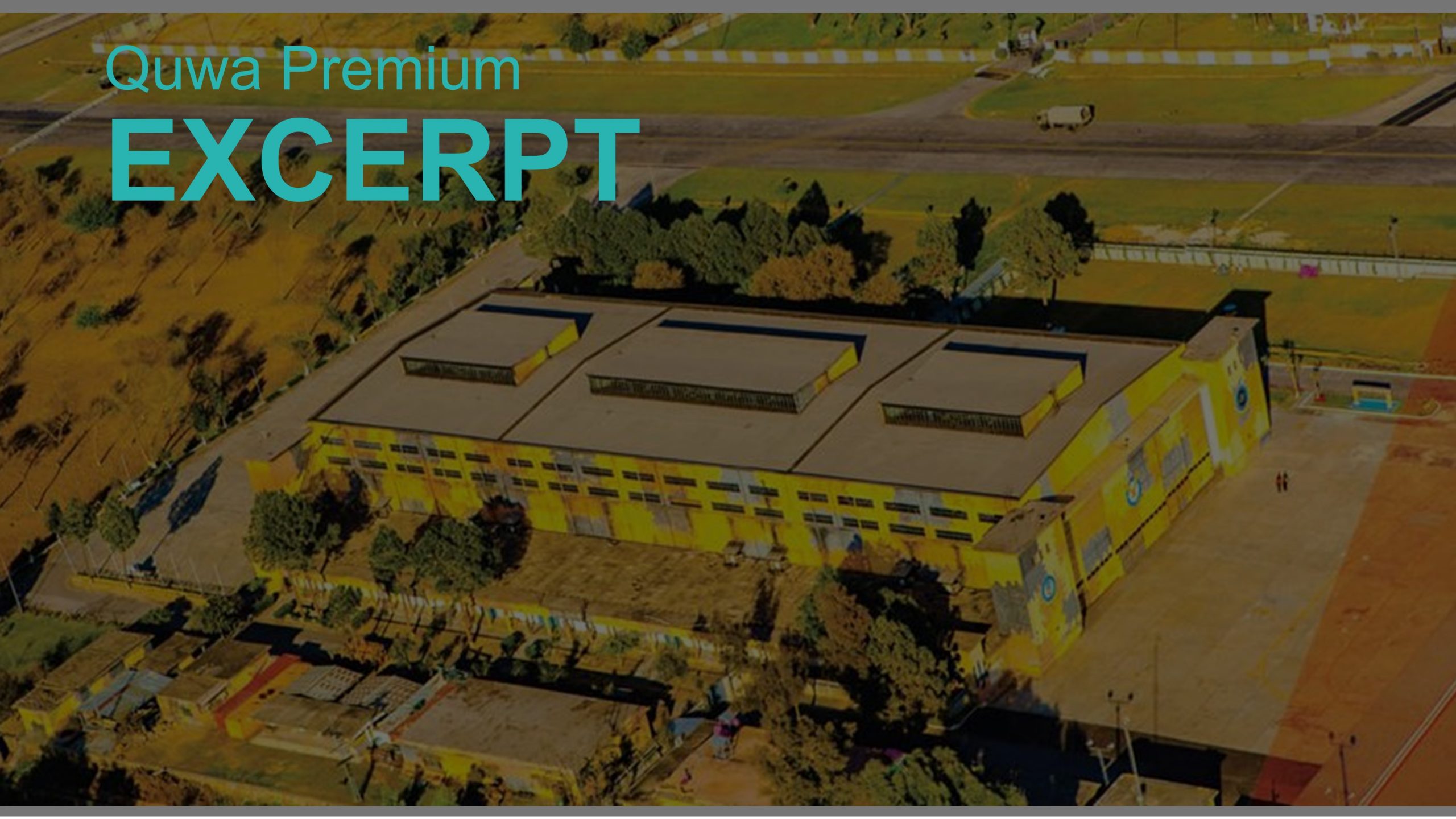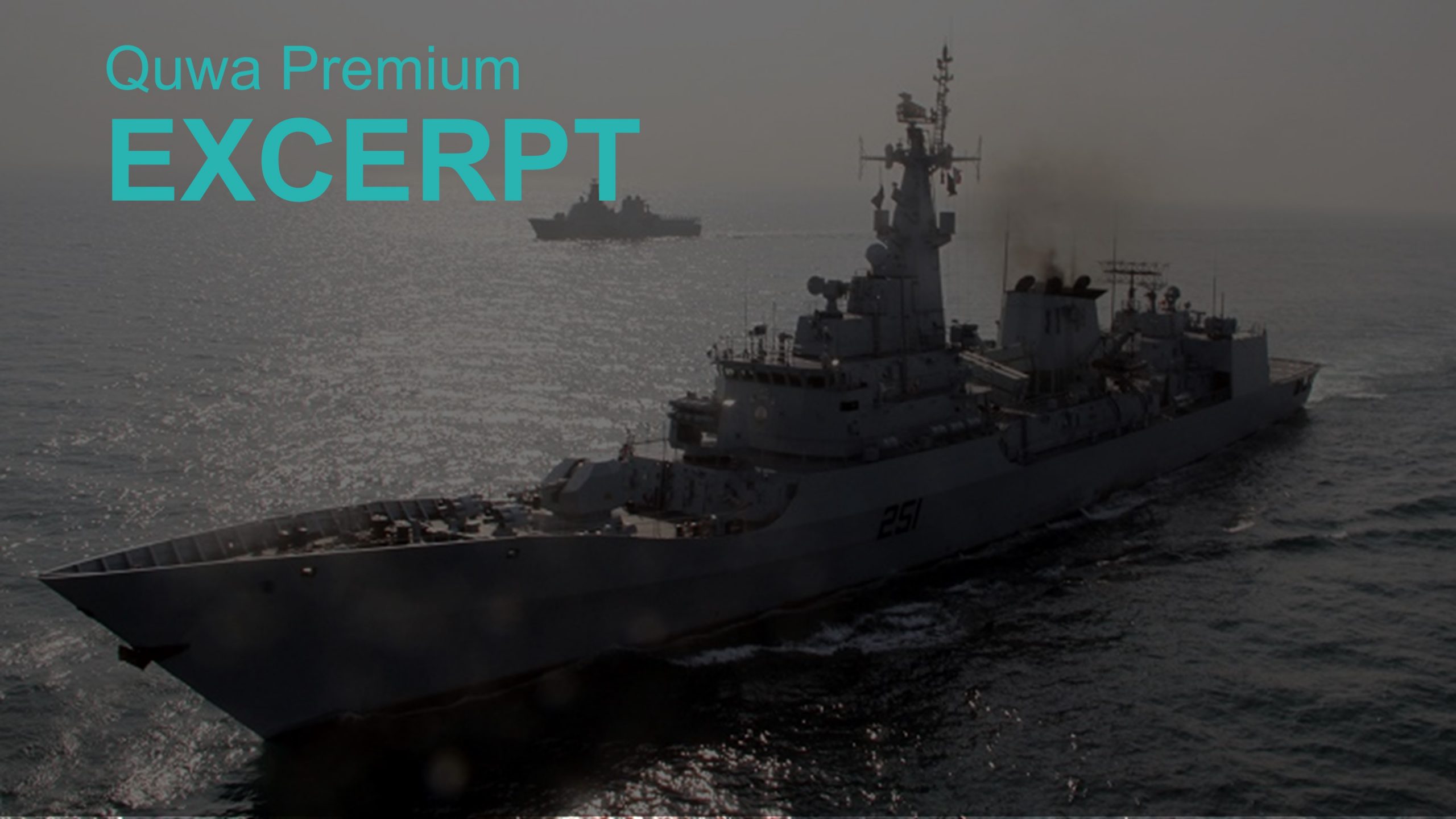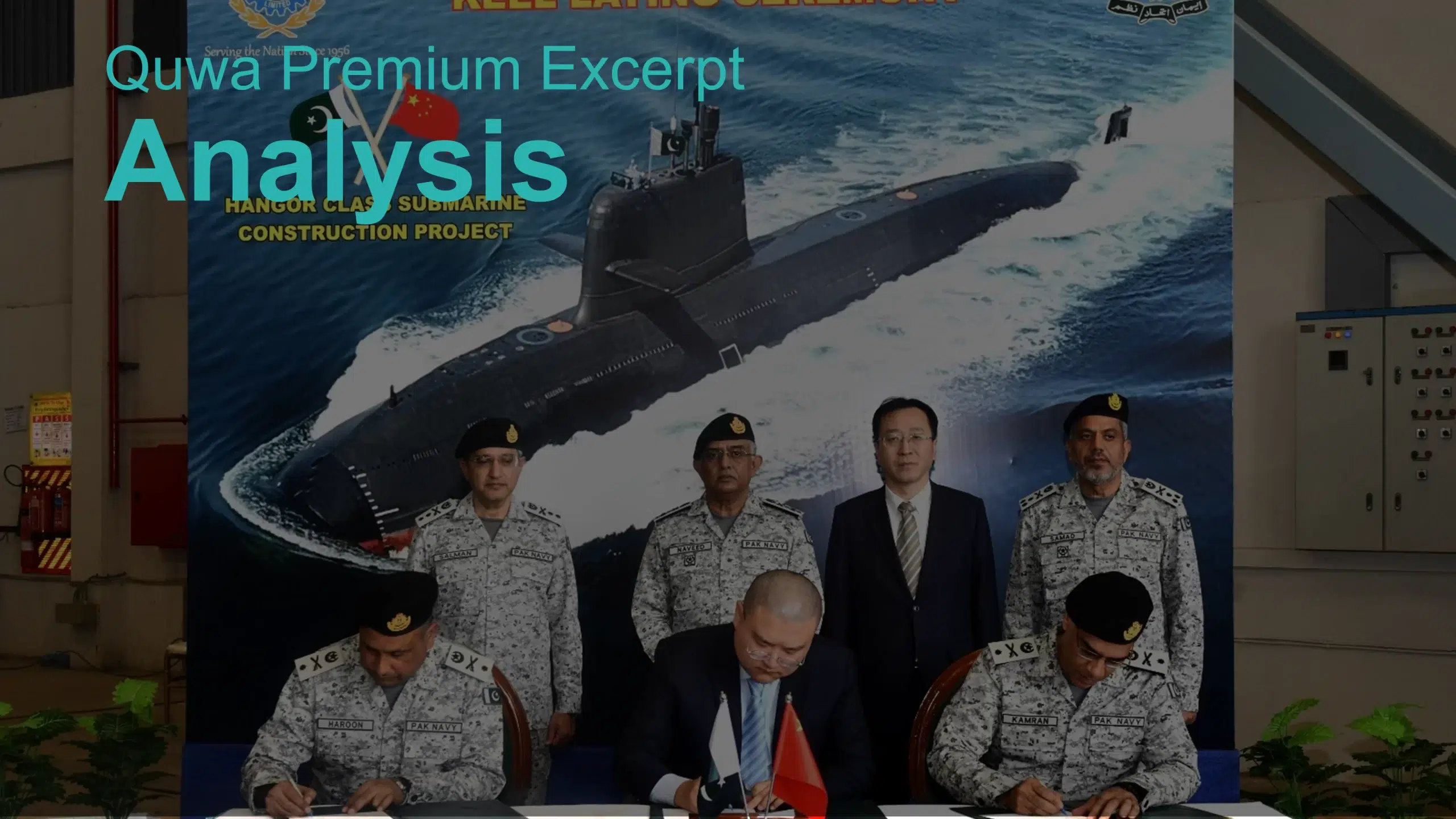1938Views

Pakistan Commits to Forming Offset Policy for Defence Imports
In its latest ‘Two Years Performance Report,’ the Pakistani Ministry of Defence Production (MoDP) said that it drafted and circulated a new defence offset policy.
The offset policy is part of the MoDP’s effort to encourage private sector investment in Pakistan towards both raising new defence production capacity and drive research and development (R&D). In addition, the MoDP hopes that the offset policy would also facilitate more transfer-of-technology (ToT) arrangements from Pakistan’s primary defence hardware suppliers towards Pakistani companies.
Currently, the MoDP says it is circulating the new offset policy to the relevant stakeholders fore input, and upon completion, it will move the policy for approval by the Government of Pakistan.
What Is an Offset Policy?
Simply, an offset policy is an agreement between the government and weapon suppliers that require the latter to spend a percentage of the total contract price in Pakistan. That expenditure can take the form of foreign direct investment (FDI), buyback/countertrade, and supply-chain integration/sourcing (where the supplier sources parts or other services from Pakistani companies).
In economic terms, the main benefit of an offset policy is that it saves the buyer some of its foreign/hard currency when it imports defence equipment. In some arrangements, the offset policy may even result in hard currency gains where exports or investments exceed the cost of the contract. In fact, some countries – such as Austria, Brazil, Greece, and Germany – may aim for 100%+ offsets where possible.
Some governments may even use offsets strategically. So, for example, the buyer could require an offset in the form of investment or purchases in one of its industries, such as auto-parts manufacturing. Offset-based transactions and/or investment would allow that auto-parts base to grow and, potentially, achieve economies-of-scale and/or cost-reduction. In turn, that base could export more competitively and, in turn, generate overseas sales that match-or-exceed the offset, yet still be independent of the offset. Once that offset expires, the exports would continue, thus giving the buyer-state continuing hard currency gains.
Pakistan’s Offset Policy Efforts
The explicit mention of an offset policy by the MoDP indicates that Pakistan’s decision-makers recognize that the country’s continual shortage of hard currency is an impediment to procurement. Pakistan is not a strong exporter, nor does it attract enough foreign investment or remittances to support its imports.
Thus, the offset policy effort may be a move to both reduce the monetary cost of defence imports as well as use big programs to drive investment in various areas. In the best-case scenario, the MoDP likely hopes that offsets will result in net-hard currency gains through the long-term (e.g., through strategic or targeted investment in export-oriented sectors, growth of high-value industries, etc).
It is not an unwarranted move. In fact, most major defence powers impose offsets of varying degrees, and in some countries, agreeing to minimum terms is simply a way to qualify for a bid. Thus, at a surface level, Pakistan is taking a tried-and-conventional step towards improving both its defence and economy.
The Challenge of Implementing Offsets
While offsets may be a sound policy in theory, the desired results are generally difficult to implement. In Pakistan’s case, the challenge (or risk) of implementing offsets stems from an apparent deficit of strategic economic planning, regulatory/policy controls, executive inertia, and excessive barriers…
End of Excerpt (541/1,519 words)
You can read the complete article by logging in (click here) or subscribing to Quwa Premium (click here).
Get Exclusive News and Insights on Pakistan’s Defence Industry:


